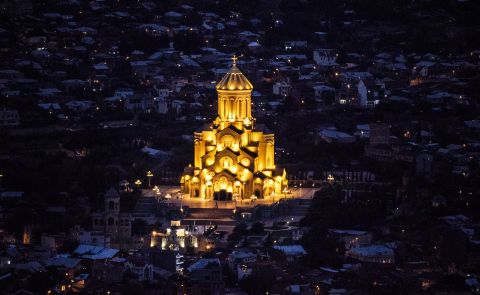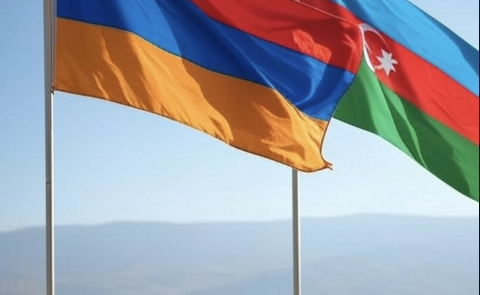
Crisis deepens in separatist Tskhinvali; Zourabichvili appeals to the international community

On 1 September, 17 out of 34 de facto parliamentarians of the Georgian separatist region of Tskhinvali (South Ossetia) stated that they would prevent the de facto parliament from operating unless the de facto President of Tskhinvali Anatoly Bibilov fires the region’s de facto Chief Prosecutor Uruzmag Dzhagaev. They also demanded that the de facto President of Tskhinvali launch an investigation into Dzhagaev and the recently dismissed de facto Interior Minister following the tragic death of a 28-year old through torture of the regions de facto security forces (Caucasus Watch reported). Meanwhile, the protests demanding Bibilov’s resignation are still ongoing for the fifth day in a row.
Dzhagaev said that he will resign if the so-called parliamentarians who led the protest rallies also resign. On 31 August, the region’s de facto Office of Prosecutor General announced that eight police officers had been arrested on suspicion of “abuse of office, resulting in the death of a person through negligence.”
As for Bibilov, he assured the protesters on 29 August that he will hold a plebiscite in the separatist region regarding his resignation but went silent afterwards. On 1 September, in an interview with Russian media project WarGonzo, Bibilov accused the “bots registered in Georgia and abroad” of calling on the people of the separatist Tskhinvali “to topple the government, to rally, and to commit crimes.”
Bibilov’s predecessor, Eduard Kokoity published a video apologising for endorsing Bibilov during the April 2017 presidential elections and urging the protesters not to seek vengeance promising the ‘lawful conviction’ of senior officials, including Bibilov. “I don't want events and moods that appeared in Ukraine, Belarus to emerge in my [so-called] homeland, becoming another problem for Russia,” Kokoity said.
In the wake of the deepening crisis in Tskhinvali, Georgia’s President Salome Zourabichvili called on the international community to ‘strongly react’ to the ‘grave situation’ in the separatist region. She asked the heads of the United Nations and the European Union as well as co-chairs of the Geneva International Discussions to use all of their levers to avoid escalations in Tskhinvali and to ensure public safety on the ground. Parallel to the developments within Tskhinvali, Georgia’s State Security Service reported that the separatist forces of Tskhinvali have resumed ‘borderisation’ activities along the village of Karapila in the Kaspi municipality.
See Also

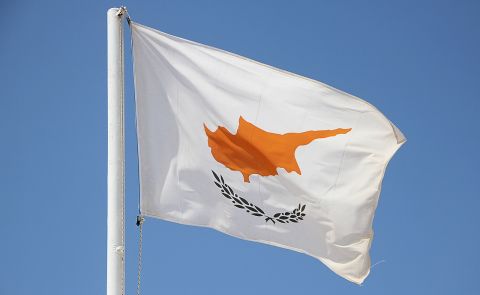
Cyprus Pledges Support for Displaced Armenians and Trilateral Partnership
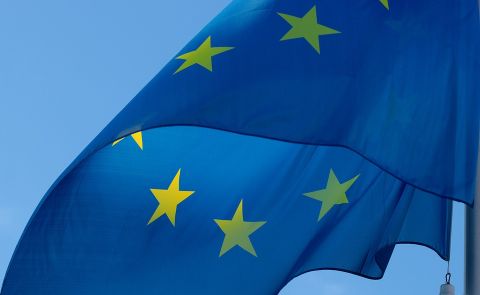
EU Official Encourages Turkey to Deepen Role in South Caucasus Stability
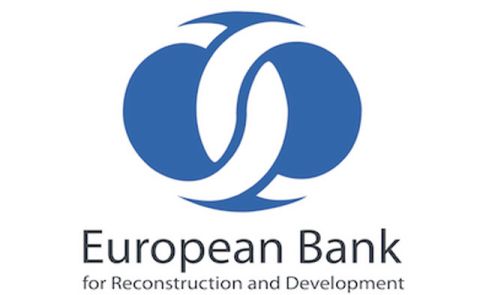
Armenia, EBRD Mark €400M Investment Milestone in Strategic Partnership
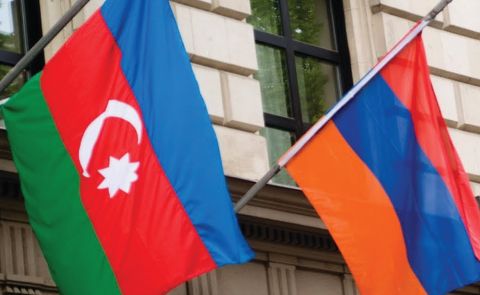
Armenian and Azerbaijani Officials Hold Separate Talks With Iranian Counterparts in Tehran
